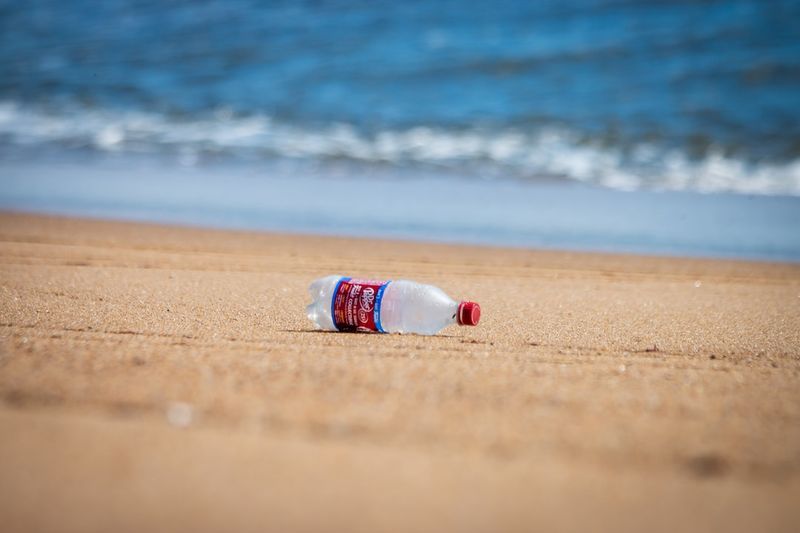Ocean Climate and Nature World Ocean Day: Young Global Leaders Call for Sustainable Ocean Management
The Importance of World Oceans Day
Each year, people around the world celebrate World Ocean Day on June 8 to raise awareness about the significance of the ocean and the need to protect it. The ocean covers more than 70% of the Earth’s surface and plays a pivotal role in regulating the planet’s climate and preserving its biodiversity. Unfortunately, our ocean is facing several major challenges such as climate change, overfishing, and plastic pollution that are putting its health at risk.
The Call for Sustainable Ocean Management
On World Ocean Day, three Young Global Leaders have outlined what we need to do to safeguard our seas for the benefit of all. To address these issues, individuals, organizations, and governments alike need to unite by a shared commitment to sustainable ocean management. By fostering innovative collaborations among different stakeholders, such as scientists, policymakers, industry representatives, and local communities, we can unlock the transformative potential of collective action.
Protecting the Right 30% of the Global Ocean
One way to help achieve sustainable ocean management is to protect the right 30% of the global ocean by 2030. Dr Enric Sala, an Explorer-in-Residence of the National Geographic Society, USA, states that the ocean economy needs more marine life, requiring political will to set the rules and everyone else to do what is right. This restoration of marine biodiversity will enhance food security, mitigate global warming, support jobs and livelihoods, and promote a sustainable blue economy.
At the same time, Kristin Rechberger, CEO of Dynamic Planet, USA, highlights that highly protected ocean areas lead to spectacular returns. Marine reserves serve as “fish factories,” lifting all sectors that rely on ocean life – particularly tourism inside the reserves and sustainable fishing outside. By combining the best science with local knowledge, marine spatial planning can provide marine reserves to transition from an extractive to a regenerative economy.
The Need for Inclusive Solutions
Susannah Rodgers, Technical Adviser on Disability Inclusion, Climate and Environment Directorate of the Foreign and Commonwealth Office of the United Kingdom, emphasizes the need for inclusive solutions derived from everyone in society, including women, youth, Indigenous people, and people with disabilities, for building resilience and knowledge. To further ocean conservation, we must embrace value-for-money in terms of biodiversity protection, involving communities at the heart. She also stresses the importance of stronger awareness of the tourism industry to be more sustainable and inclusive.
The Importance of Marine Protected Areas
To protect our ocean, we must support the creation of marine protected areas (MPAs). These areas are designated as no-take zones where fishing and other human activities are prohibited, allowing marine ecosystems to recover and thrive. Research and monitoring efforts are also critical to better understand the challenges facing our ocean.
Conclusion
Protecting our ocean requires not just individuals but the collaboration of organizations and governments to address the threats facing marine ecosystems. Sustainable ocean management is necessary to safeguard our seas and ensure the ocean continues to play a vital role in supporting life on Earth. Let us take this World Ocean Day to raise awareness about the importance of our ocean and take action to protect it.

<< photo by Brian Yurasits >>
You might want to read !
- “Australian Reflections: World Ocean Day Sparks Opportunities for Transformative Shifts in our Oceanic Interactions”
- “2024 Volvo EX30: A New Era of Luxury SUVs for Australian Drivers at Competitive Prices”
- Behind RBA Governor Philip Lowe’s Decision on Interest Rates: An Editorial Analysis
- “The RBA’s Urgent Need to Address Inflation: Philip Lowe’s Warning”




